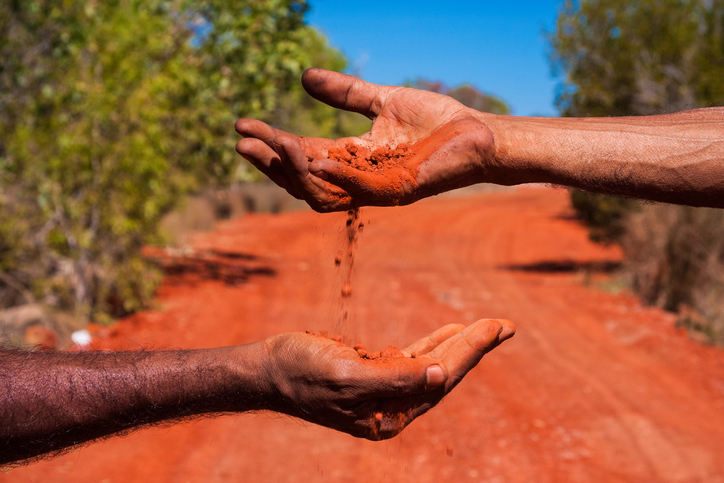

An Australian group has launched a campaign against a scheduled referendum to allow Indigenous Australians a voice in parliament, claiming it would not fully resolve issues that affect them.
The landmark referendum due to be held later this year, will initiate an Aboriginal and Torres Strait Islander Voice by means of committee—allowing Indigenous peoples to represent themselves to parliament on matters that affect them.
For the first time in history, the referendum would add language to Australia’s constitution that is explicitly inclusive of Indigenous people.
Despite the referendum bringing promises of legislative equality in Australia, the group known as “Recognise a Better Way” or “the No campaign” —which includes a large number of Indigenous Australians and lawmakers, claims that a referendum would not be the most effective way to implement official change. In its place, the group has proposed an all-party parliamentary committee to recognize the rights of native title holders and migrants.
Speaking to ABC Radio, Warren Mundine, an Indigenous organizer for the group and a former Labor Party national president said, “I don’t believe it needs to be in the constitution … we’re looking at all the problems we’re having at the moment, they can be sorted out for legislation and ministers getting out there and doing their job,”. As it stands, the legislation of Australia can not be altered without a referendum.
Indigenous people of Australia measure far below the national averages on most socioeconomic statistics and in 2022, a government report revealed that the country had failed to meet almost half its target set out to improve the lives of the native people.
While the ‘No’ campaign gains support from right wing organizations, a week of grassroots action is planned from February 20 and an opposing ‘Yes’ campaign is also due to launch. Warren Mundine, a man of Yuin, Bundjalung, and Gumbaynggir heritage insists the ‘No’ campaign is the opportunity for linguistically and culturally diverse voters to form a united front. “We’re talking with the migrant community as well,” he said.
“It’s about recognition of all the people who have come to Australia, who have been here first and how we built this great country of ours.”
Prime Minister Anthony Albanese, along with The Federation of Ethnic Communities’ Councils of Australia (FECCA) is seeking support for a “Yes” vote. Albanese himself is staking a significant amount of political capital on the referendum, despite only eight havingpassed in the history of the country since its independence.
FECCA supports the Uluru Statement of the Heart, and its call for a First Nations voice to be written into the constitution.
Citing plans for a previous referendum, Mundine has rejected a suggestion that the inclusion of migrants in the constitution would overlook Indigenous rights. “No, I see it as bringing people together.”
“Myself and many other people do want to have recognition in the constitution but we don’t believe [the voice to parliament] is the right way to do it.” he added.
Last week, a poll conducted for the Sydney Morning showed the support for the referendum is currently at 47%, dropping from 53% last September.





